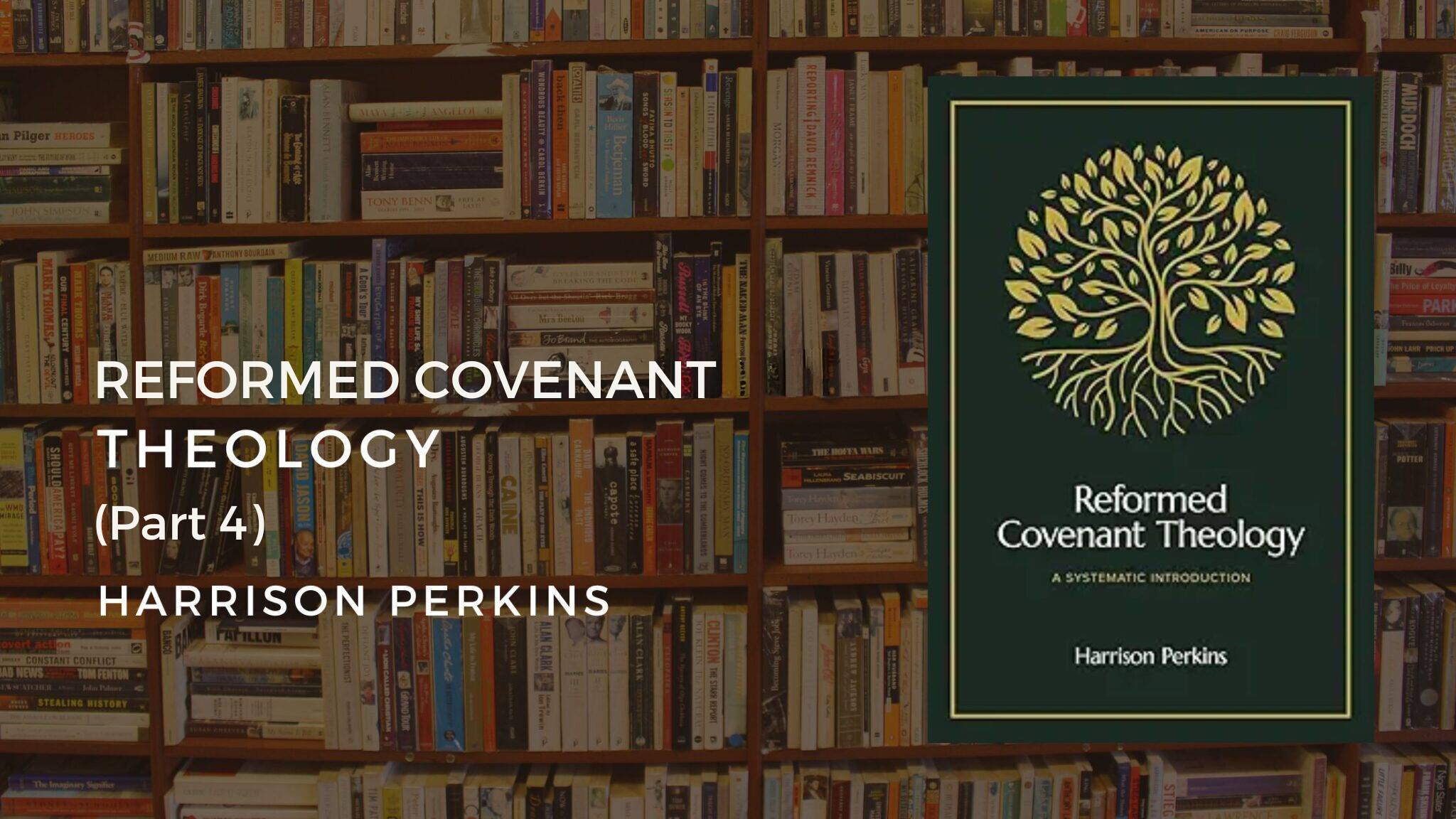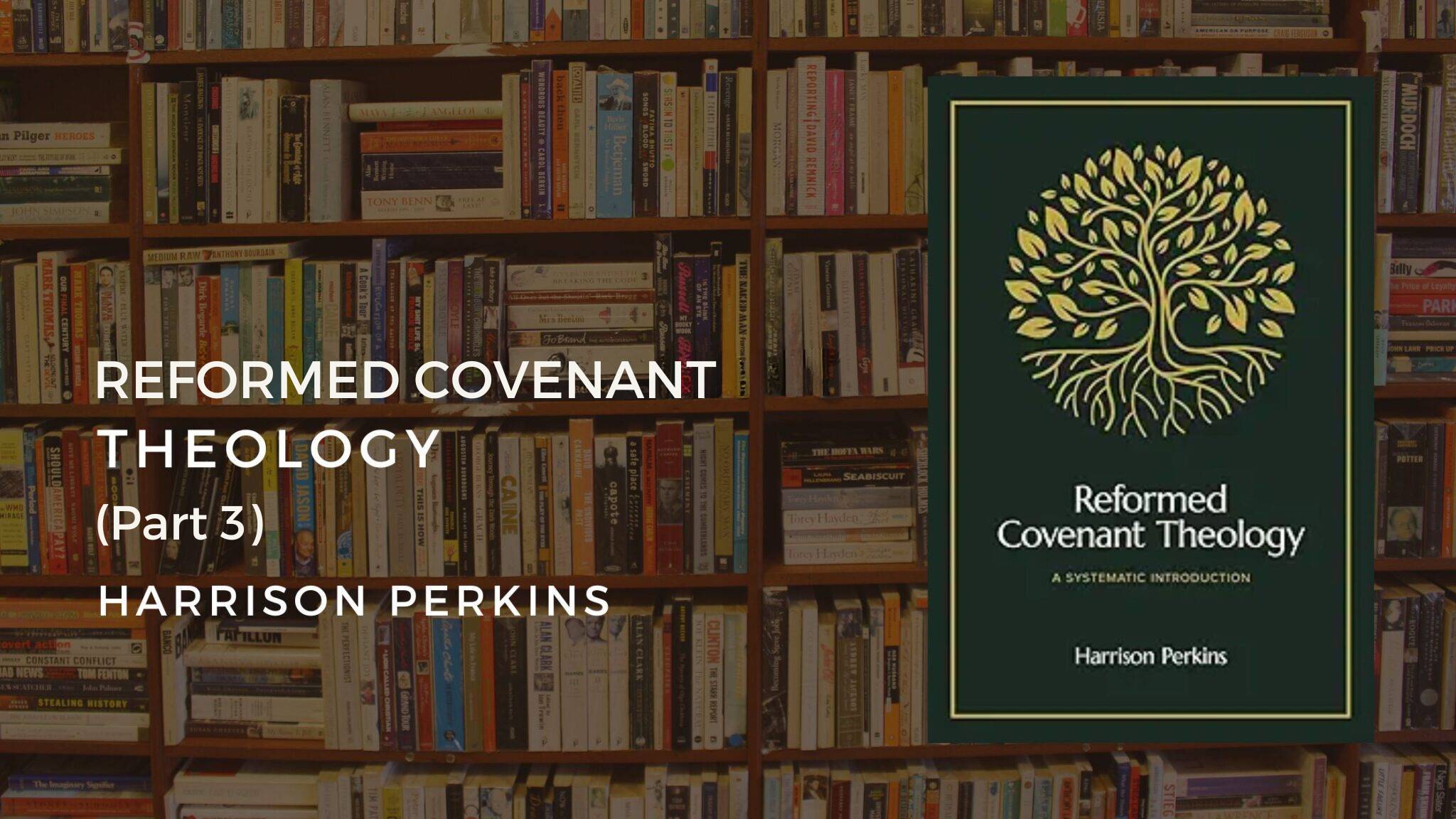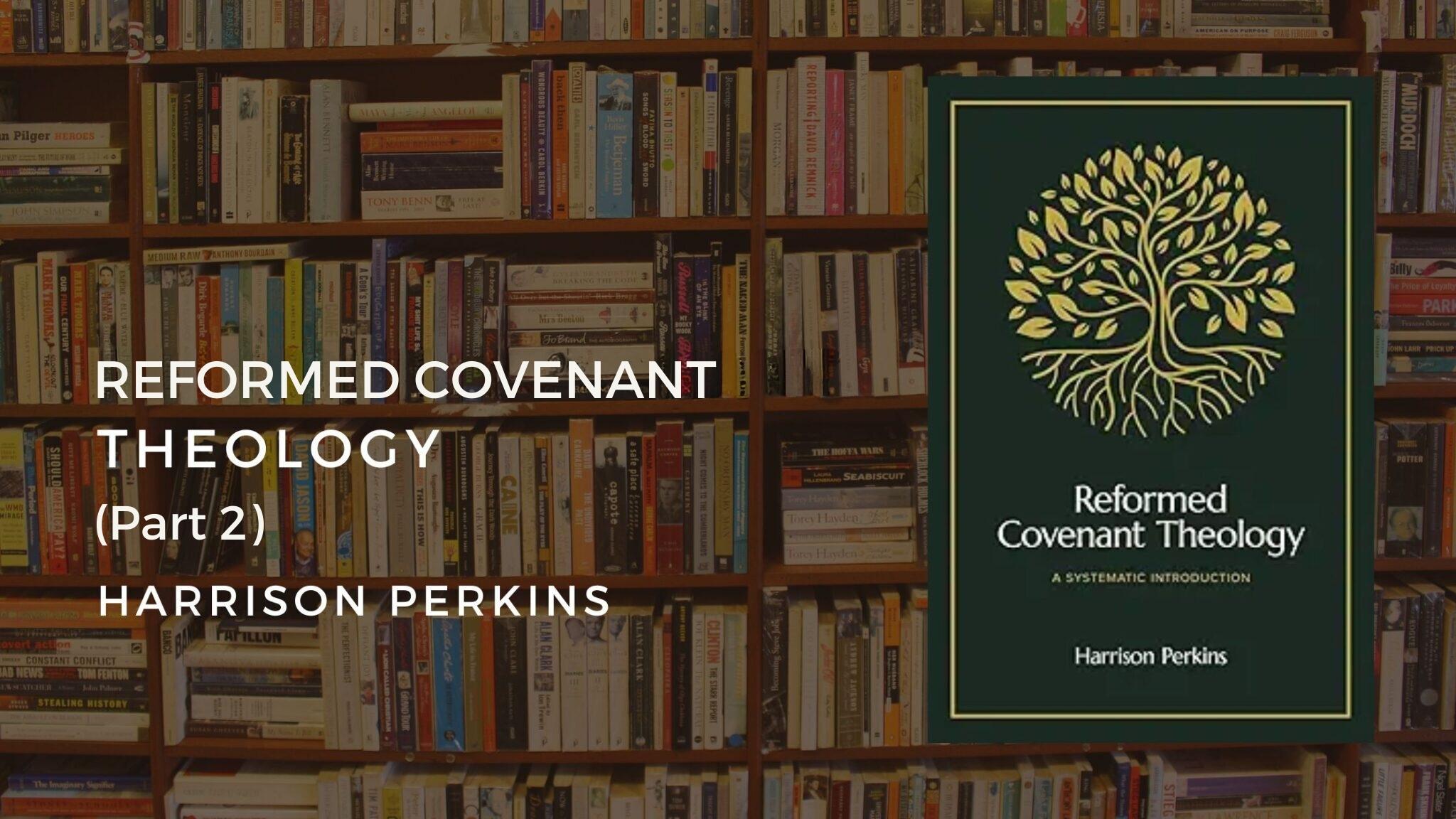This repost comes from an interchange with some CT’s a while back. I think it typifies what I tend to run into when trying to communicate my reservations about CT. I kick it off with a remark made by my main interlocutor about God’s way of communicating. He declared that, God may do other than what the original audience understood. God’s promises will be fulfilled exactly in the way He intended. I replied with: “Well, that’s the trouble isn’t …
Category: Covenant Theology
PART THREE As I complete this review one of the things that stands out to me is how much the author leans upon Reformed Confessions and writers from the past. While he does interact with Scripture a lot, one notices that men like Irenaeus, Augustine, Calvin, and a host of Puritans are brought in to direct the arguments. This is not to say these great men shouldn’t be referenced; it is the supporting role these authorities are given that is …
PART TWO As we move on to the “covenant of grace” one thing to look for is how passages explicitly assigned to the covenants one can locate in the Bible are reassigned to support this theological covenant, which can’t be located in the Bible. Perkins, along with CT’s the world over, makes assertions about the “covenant of grace” that the Bible claims are about the New covenant: “The covenant of grace offers Christ as the mediator for sinners…The covenant of …
PART ONE As with all book reviews, this one has to be selective. With some books that is not a problem since they tend to be thin on argumentation. Or at least their main points can be summarized quite easily. This book by Perkins is not like that. He builds his concepts carefully from systematic and biblical theology as well as from the confessions. He has read the Bible and Reformed authors and has produced a work that discusses Covenant …
A Review of Harrison Perkins, Reformed Covenant Theology: A Systematic Introduction, Bellingham, WA., Lexham, 2024, 520 pages, Hardback. There is no shortage of books on Covenant Theology (CT). There is the big multi author compendium simply called Covenant Theology edited by Waters, Reid, and Muether. One of the contributors to that book is Richard Belcher, whose The Fulfillment of the Promises of God, which to my mind is the best introduction to CT on the market. Other introductions by Jonty …
Part Twenty-Seven In this post I want to share some thoughts about the mindset of CT’s. I do not at all say anything here in disrespect of CT’s. This is only some observations of my own. It is important to go back and read what I have already reported about the deductive nature of CT. You may be helped by my critique of Baptist CT Josh Somner to get some illustration of this. The Bible and Logical Inference I have …
Part Twenty-Six Covenant Theology and the Bible In an article at TableTalk Stephen G. Myers writes, “Covenant theology seeks to use the biblically prominent covenants to inform our knowledge of God and of His work. Specifically, covenant theology contends that God has been working throughout history to gather His people to Himself through covenantal relationship.” There is a problem here. The three theological covenants of CT are not prominent in the Bible. Moreover, the concept of covenantal relationship ,while part …
Part Twenty-Five Looking Deeper into the Problems with Covenant Theology 12. CT is implicitly supercessionist in its eschatology. This final problem with Covenant Theology is vehemently denied by more and more who adopt its ideas. They will feel aggrieved by the accusation that CT teaches replacement theology. That is, CT’s today will object strongly when they are characterized as teaching that the Church has taken over the covenant blessings God gave to the nation of Israel. According to Sam Storms, …
Part Twenty-Four Looking Deeper into the Problems with Covenant Theology 11. CT interprets the Bible from an anthropocentric rather than a Theocentric point of view. From what has been said before about CT’s redemptive-historical hermeneutic based upon the primacy of the covenant of grace it becomes clear that although it seeks to glorify God in its overall approach, CT comes from a perspective which is man-centered. Because it casts its net around the salvation of the elect and not around …
Part Twenty-Three Looking Deeper into the Problems with Covenant Theology 10. CT reads Christ into passages where He is plainly not in view and employs Him (particularly His first coming) as the lens through which Scripture must be understood. Covenant Theology is grounded in an overarching approach to reading Scripture as a redemptive-historical story. This entails reading the OT in light of the NT, and especially in light of the Gospel. Because of this procedure the OT is often used …


